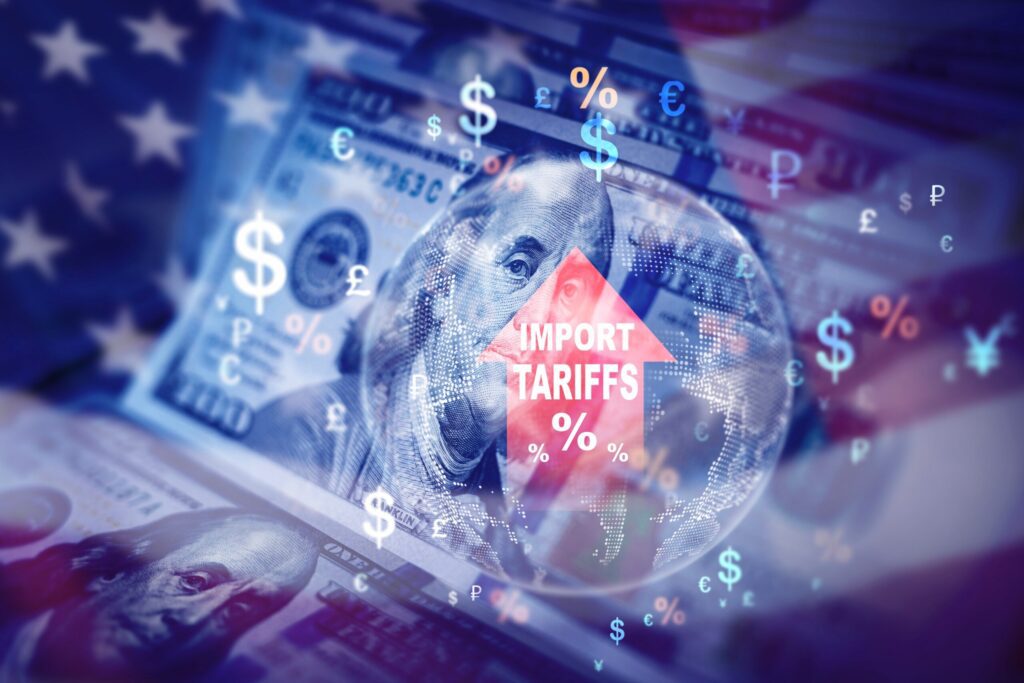In a dramatic turn in global trade dynamics, U.S. President Donald Trump has announced a 90-day suspension of reciprocal tariffs on all countries—with one critical exception: China.
Read also: China Raises Tariffs on U.S. Goods to 125%
While the standard 10% tariff on imports from non-China countries remains in place, the tariff rate on Chinese goods has been escalated to a striking 125%, signaling a sharp intensification in U.S.-China trade tensions.
The temporary freeze offers shippers a short-term opportunity to clear a backlog of delayed shipments, especially those held up by recent uncertainty.
But industry experts are urging caution.
“This creates exactly the kind of stop-and-go fluctuations that tend to cause supply chain bottlenecks,” said Lars Jensen, CEO of Vespucci Maritime, in a LinkedIn post. “The only saving grace is that the disruption only lasted about a week, so most of the impact should be manageable—though some congestion is still likely.”
Jensen noted that logistics planners who opted to delay shipments amid the initial uncertainty made a sound choice. Still, the situation remains volatile, with past tariff suspensions—such as those affecting Mexico and Canada—eventually reversed with little notice.
With just 90 days of breathing room, shippers are being urged to accelerate peak season planning, particularly for cargo originating outside China.
“Shippers from non-China origins might want to start the peak season essentially now—or as soon as possible—to ensure their loads are moved before July 9,” Jensen advised.
The European Union, in a measured response, has also chosen to delay its retaliatory tariffs against the U.S. for another 90 days, maintaining a fragile calm in transatlantic trade relations.
Looking ahead, supply chain leaders face a key strategic question: lean into the second half of 2025 expecting strong demand—or take a more conservative stance in anticipation of an economic slowdown.
Either way, the message is clear: agility and preparedness are once again the name of the game in global logistics.

